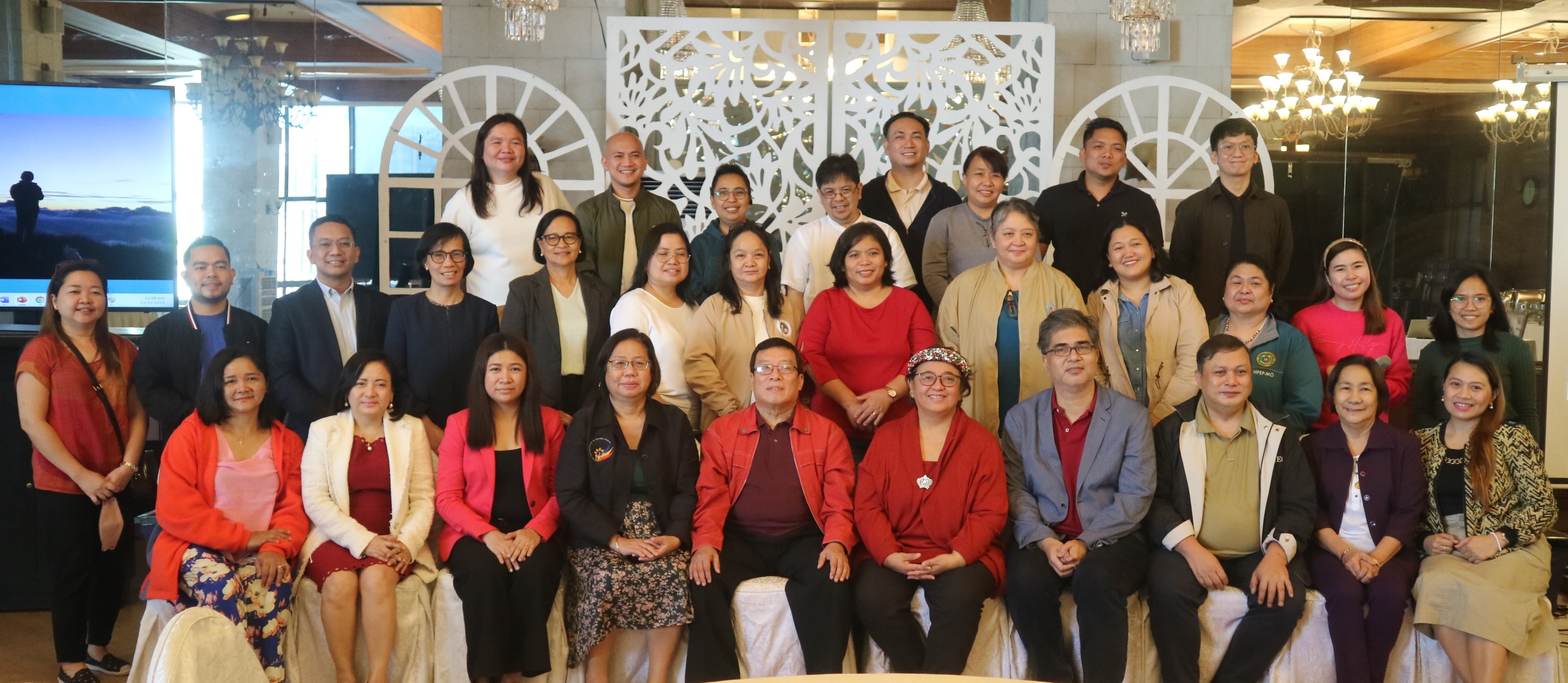Children with high-risk neuroblastoma had worse outcomes if they were from certain racial/ethnic groups or were on public rather than private insurance, despite being treated in clinical trials with standardized protocols, according to a study led by investigators from Dana-Farber/Boston Children's Cancer and Blood Disorders Center.
The study shows that young patients from historically marginalized populations or from lower-income backgrounds had poorer five-year survival rates even when they were assigned to receive uniform initial treatment after diagnosis with high-risk neuroblastoma.
"These findings recapitulate what we have known for decades at the population level-;children from historically marginalized groups are less likely to survive their cancer. They add an essential next layer to our understanding of racial and ethnic disparities in childhood cancer, and that is that enrollment on clinical trials is not enough to achieve racial and ethnic equity in survival."
Puja J. Umaretiya, MD, a clinical fellow in pediatric hematology/oncology at Dana-Farber/Boston Children's
Full article at https://www.news-medical.net/news/20220526/Children-from-historically-marginalized-groups-or-poor-backgrounds-less-likely-to-survive-neuroblastoma.aspx
Source/Copyright: https://www.news-medical.net/













